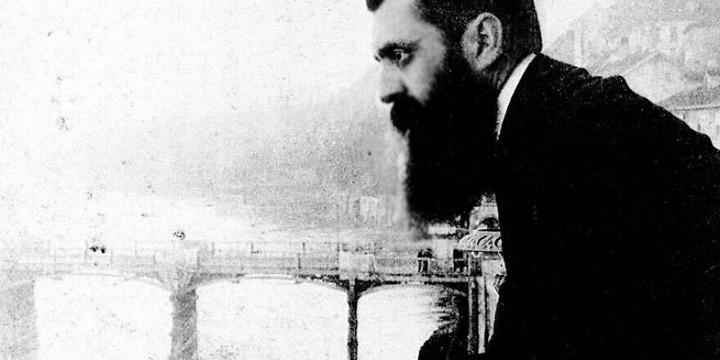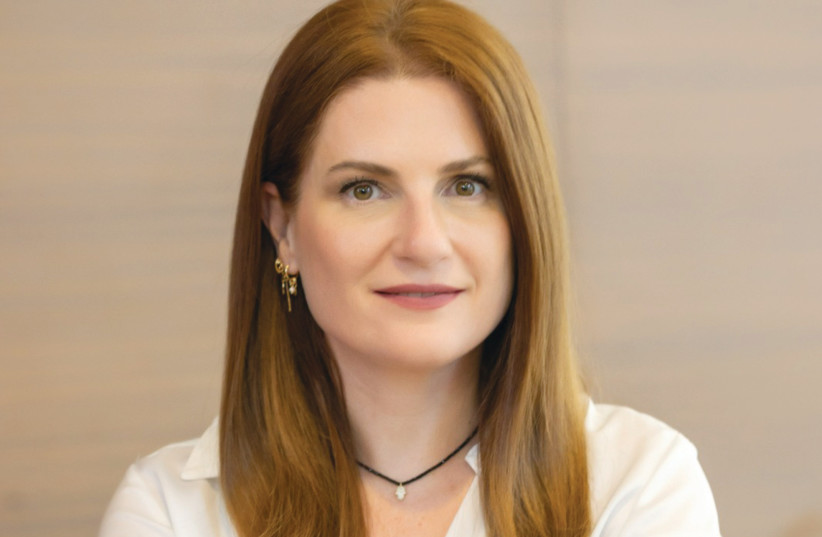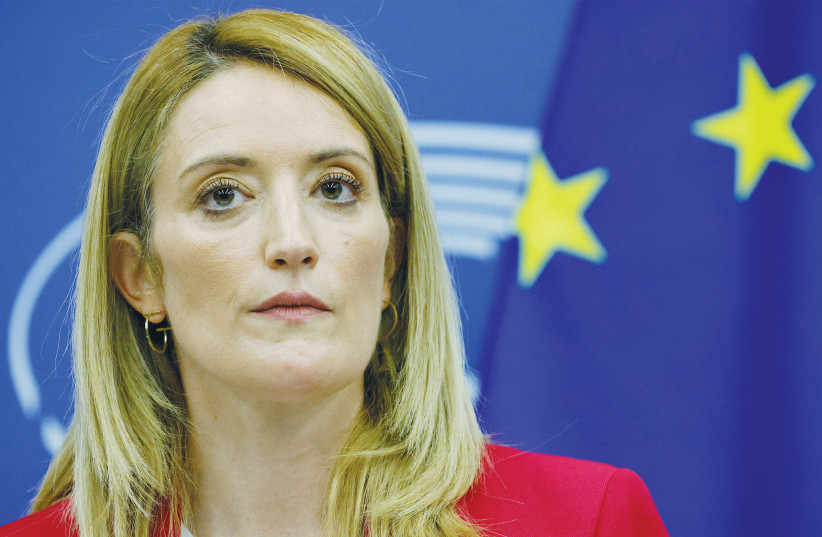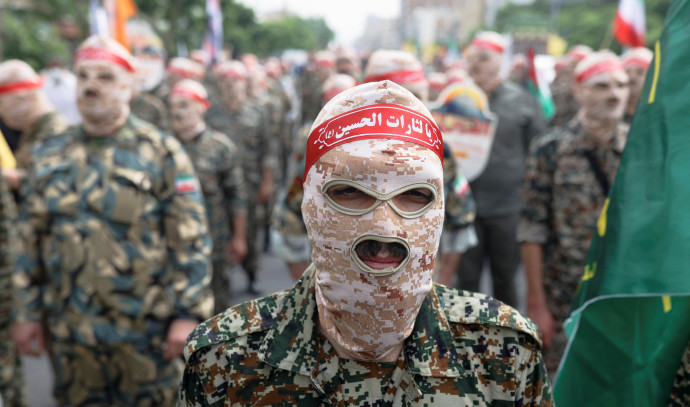rylah
Gold Member
- Jun 10, 2015
- 21,143
- 4,483
- 290
Preliminary study of about 4,000 archeological items,
hundreds of them signed by Bar Kochba
Dr. Eshel: A preliminary study of about 4,000 archeological documents and items has been completed, hundreds of them signed by Bar Kochba himself, which indicate the history of the revolt.
Archaeologist Dr. Yitzhak Eshel tells in an interview with Channel 7 about a fascinating archeological find that did not receive sufficient public attention and in fact, yet known among the Israeli public, the archive of Bar Kochba that came into his possession and was investigated by a team of researchers he leads.
In the documents that Dr. Eshel defines as the archive of Bar Kochba's war, you can find, along with letters, the blessing of the road signed by Bar Kochba's deputy, the house blessing, an amulet of the Ten Commandments on a gilded plaque and more.
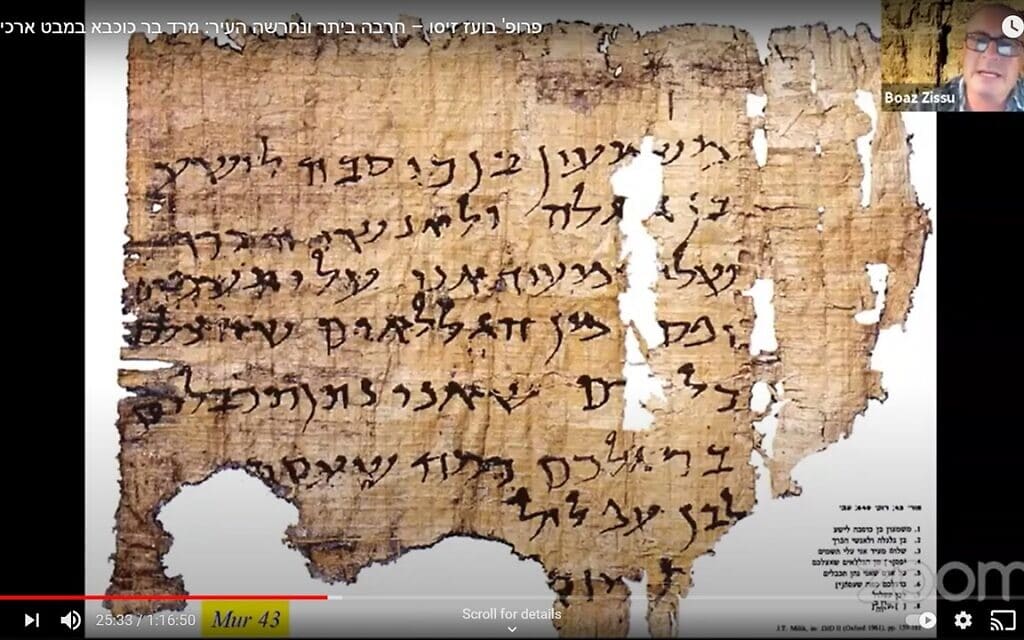
Read more, in Hebrew -
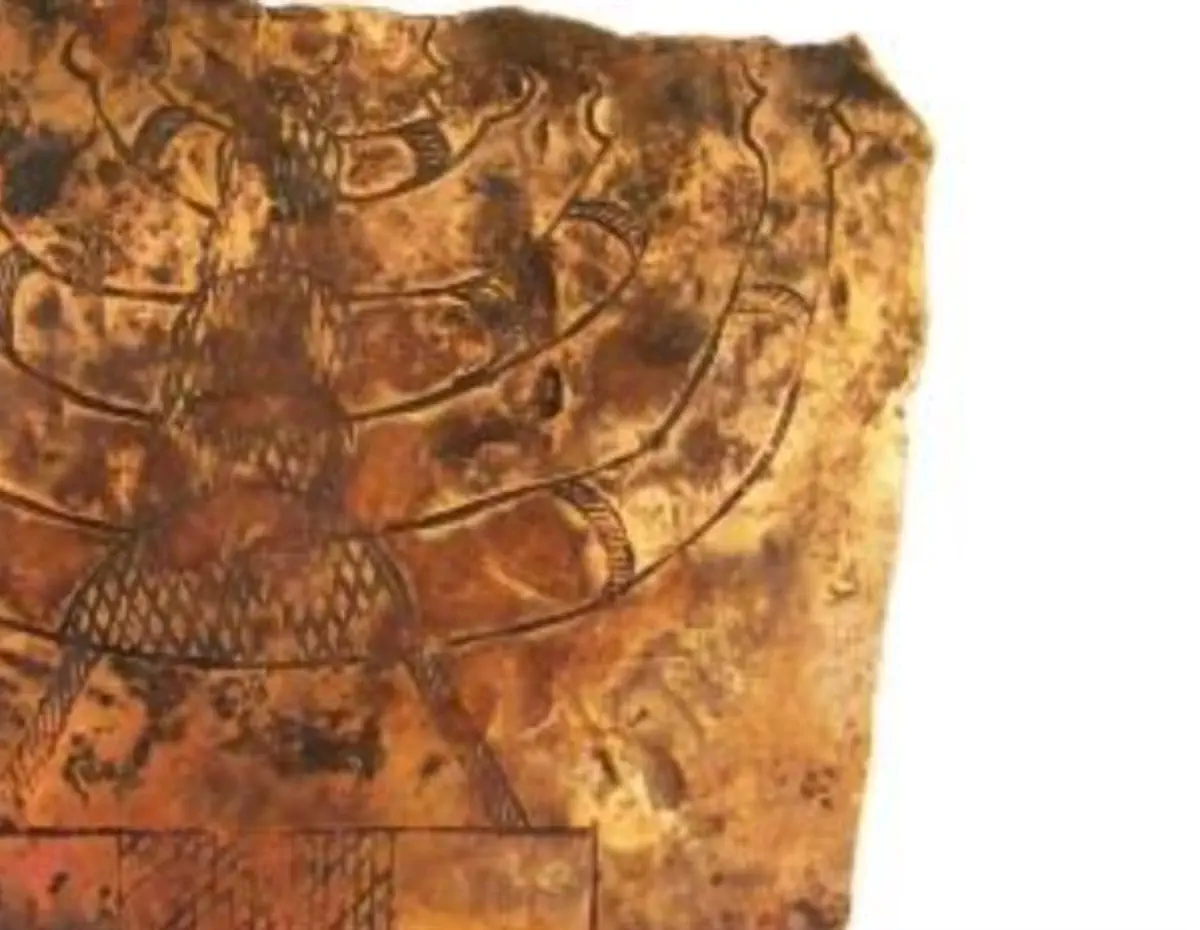
 www.inn.co.il
www.inn.co.il
hundreds of them signed by Bar Kochba
Dr. Eshel: A preliminary study of about 4,000 archeological documents and items has been completed, hundreds of them signed by Bar Kochba himself, which indicate the history of the revolt.
Archaeologist Dr. Yitzhak Eshel tells in an interview with Channel 7 about a fascinating archeological find that did not receive sufficient public attention and in fact, yet known among the Israeli public, the archive of Bar Kochba that came into his possession and was investigated by a team of researchers he leads.
In the documents that Dr. Eshel defines as the archive of Bar Kochba's war, you can find, along with letters, the blessing of the road signed by Bar Kochba's deputy, the house blessing, an amulet of the Ten Commandments on a gilded plaque and more.

Read more, in Hebrew -

מה מסתתר בארכיון של בר כוכבא?
הארכיאולוג ד"ר אשל: הושלם מחקר ראשוני של כ-4000 תעודות ופריטים ארכיאולוגיים, מאות מהם בחתימת בר כוכבא עצמו, המלמדים על קורות המרד.

